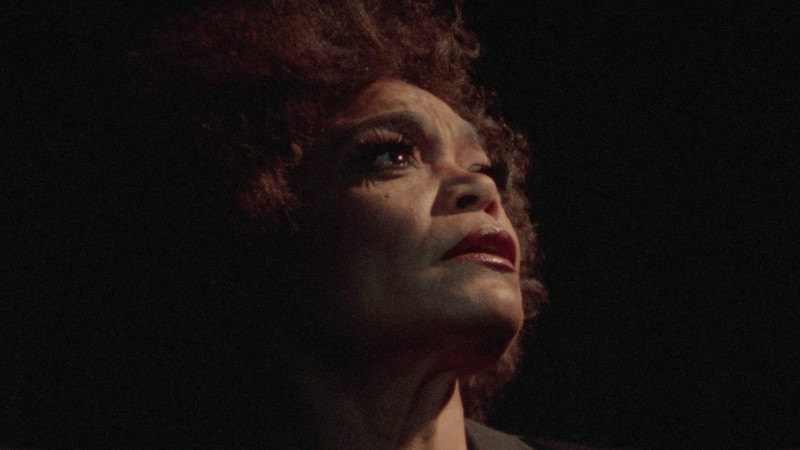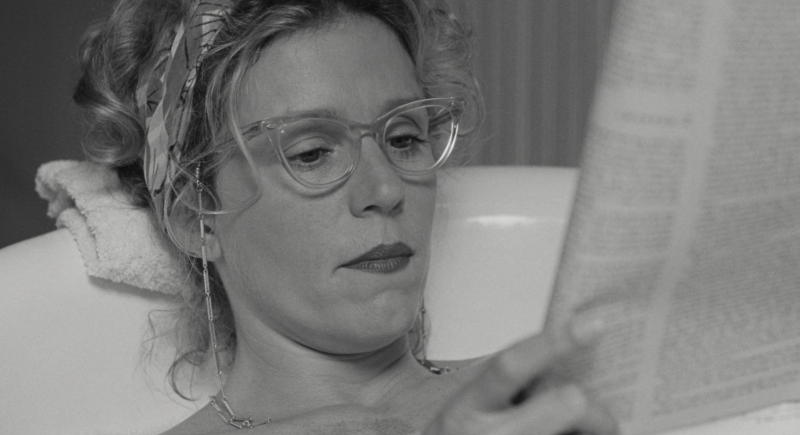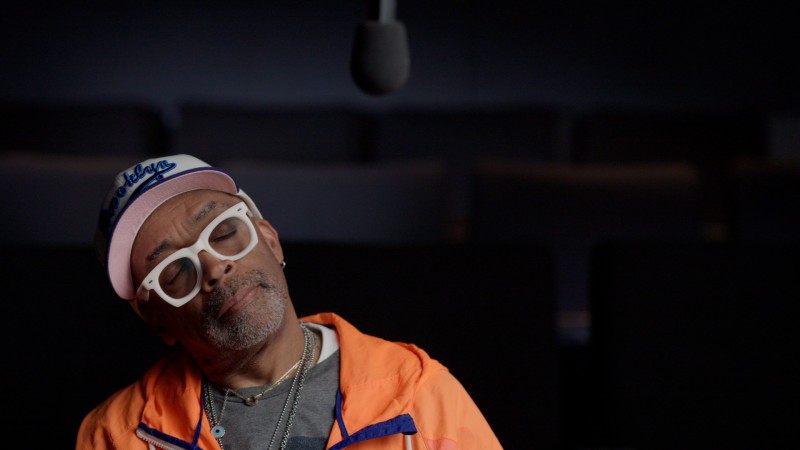William Becker (1927–2015), Mentor, Host, Friend

William Becker enjoyed success in any field to which he turned his amiable intelligence. Following a brilliant career at Harvard, he was one of the first Rhodes scholars after World War II to attend the University of Oxford (where a library bearing his name stands in Wadham College). A talented actor and a gifted and perspicacious writer (not least about Bertolt Brecht), he adored both theater and cinema. He turned his business acumen to working with Roger L. Stevens, a leading producer of Broadway plays, and energizing Playbill magazine. Not many are aware that Bill helped to finance independent films like Shirley Clarke’s The Connection. And then in 1965, in partnership with Saul J. Turell, he acquired Janus Films.
Theirs was an extraordinary alliance. Saul teemed with ideas for the company, while Bill remained the sober observer, focusing with relentless acuity on those ideas that really could take Janus forward (the sale of classic foreign movies to U.S. television, for example). Bill compiled an immense dossier, listing every foreign-language film within possible reach, along with numerous beloved British titles that Janus proceeded to re-present to the American public. Bill never aspired to film directing, while Saul seized his spare hours to make some absorbing documentaries; how proud Bill was when Saul won an Academy Award for his study of Paul Robeson. And even prouder when his son Peter allied with Saul’s son Jonathan to take Janus and Criterion into the DVD and Blu-ray era.
Bill was the incarnation of Ingmar Bergman’s dictum that “only the truly efficient can be truly lazy.” Even in the headiest periods of his career, he found time to complete the New York Times crossword after breakfast (“They make them more difficult as the week goes by!” he told me once with a grin, as he dismantled the Saturday puzzle at his home on Long Island). He could devote hours to his collection of incunabula (some of it more than risqué), and would not desist until he had tracked down the missing volume in a particular series of yearbooks.
I first met Bill in about 1970, when he and Saul asked me to write a brochure about the films of Bergman. He sat at his elegant desk at the Janus offices on Fifth Avenue, the bookshelves behind him crammed with books on every aspect of the movies. “How much should we pay you for this?” he inquired. Plucking up my courage, I muttered something about a thousand dollars. “Nonsense, dear boy,” he said, “you should be paid at least $3,000.” In my short, happy life, I had never before encountered someone who offered to pay me a larger fee than I had asked for. Yet this generosity was a fundamental tenet of the way in which Bill and Saul conducted their business. Moreover, unlike most magazines and newspapers, Janus paid their contributors with a “bonded check,” within days rather than weeks.
Bill’s letters, dictated over decades to his loyal secretary, Diane Ellis, were models of gracious composition and lucidity. Only the most watertight of contracts could survive Bill’s scrutiny. He remained throughout his life a man who brought logic and pragmatism to business affairs and who was also an aesthete, in the best sense of that term. He adored the recondite and the arcane.
Over four decades, we shared many a convivial lunch or dinner, in New York and often in Europe, where Bill loved to travel, combining the acquisition of film rights with the chance to see close friends, like the producer and sales agent Alain Vannier in Paris. When Bill entered a room he would, without any conscious effort, immediately become its epicenter, his blond good looks and patrician demeanor overshadowing most other people. I saw his innate self-confidence waver on only one occasion. It was during the Cannes Film Festival. Bill and I, a little mellow after a good meal, joined a reception at the Carlton Hotel. Bill was introduced to the Canadian actor Alexandra Stewart, for whom we both had, shall we say, a certain admiration. But, inveterate smoker that he was, Bill forgot that his cigarette was still between his fingers as he shook hands with Ms. Stewart. She recoiled with a muffled scream!
When I stayed with Bill and his indomitable wife, Patricia Birch (the distinguished director and choreographer), in Manhattan or on Long Island, I especially relished two times of day. The first was breakfast, when Bill would enjoy toast with his much-loved Keiller’s coarse-cut marmalade from Scotland, in its trademark pottery jar, and we would discuss plans for the day. And then dusk, when Bill would serve excellent cocktails—a mint julep if you were out in the country, or a crystal glass of Maker’s Mark bourbon in the city. Then he would regale you with stories of directors and writers he had met at a formative stage in his career—Tony Richardson (a contemporary at Oxford), François Truffaut, George Plimpton, Truman Capote, the theater critics Ken Tynan and Alan Brien, the film critic John Simon. His taste in movies ranged from the discreet and sensitive (The Spirit of the Beehive, for example) to the arcane (the animated shorts of Bob Godfrey). He lobbied hard for Criterion—which had developed like some glorious butterfly from the chrysalis of Janus—to release titles he felt were unjustly neglected, and I relished my sessions with him in 2005, when together we created a list of fifty favorite titles from the Janus library, to be published on DVD in a spectacular box set to celebrate the company’s golden jubilee. How we rubbed our hands together when we managed to include a mutual favorite, Alf Sjöberg’s Miss Julie!
Rereading some of Bill’s letters from over the years, I am reminded of the warmth that lay behind the elegant formality, even hauteur, of his language, a warmth that extended to a worldwide network of friends and acquaintances. In 2006, I dedicated my book on Louise Brooks to Bill, calling him “mentor, host, and friend.” A. William J. Becker III was all of those things, and so much more. Good night, sweet prince . . .




